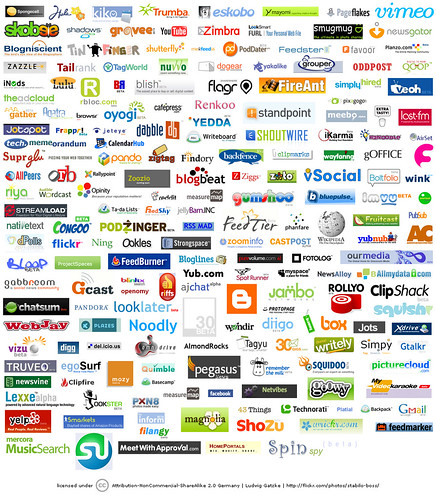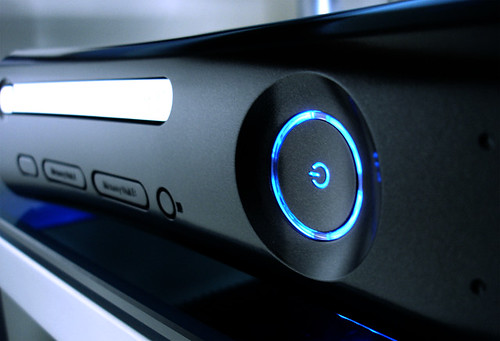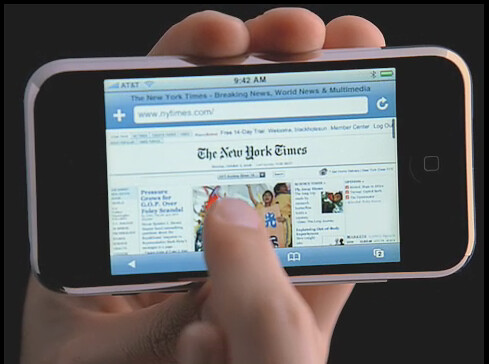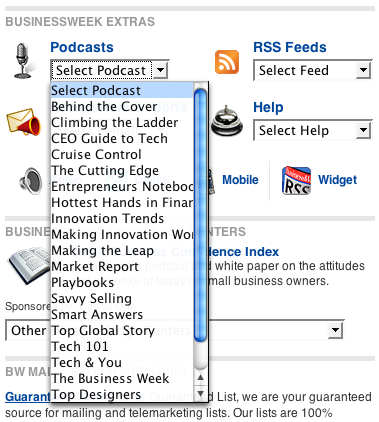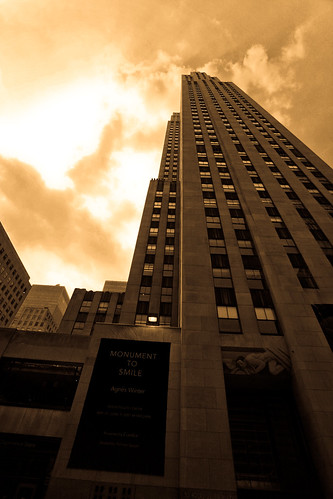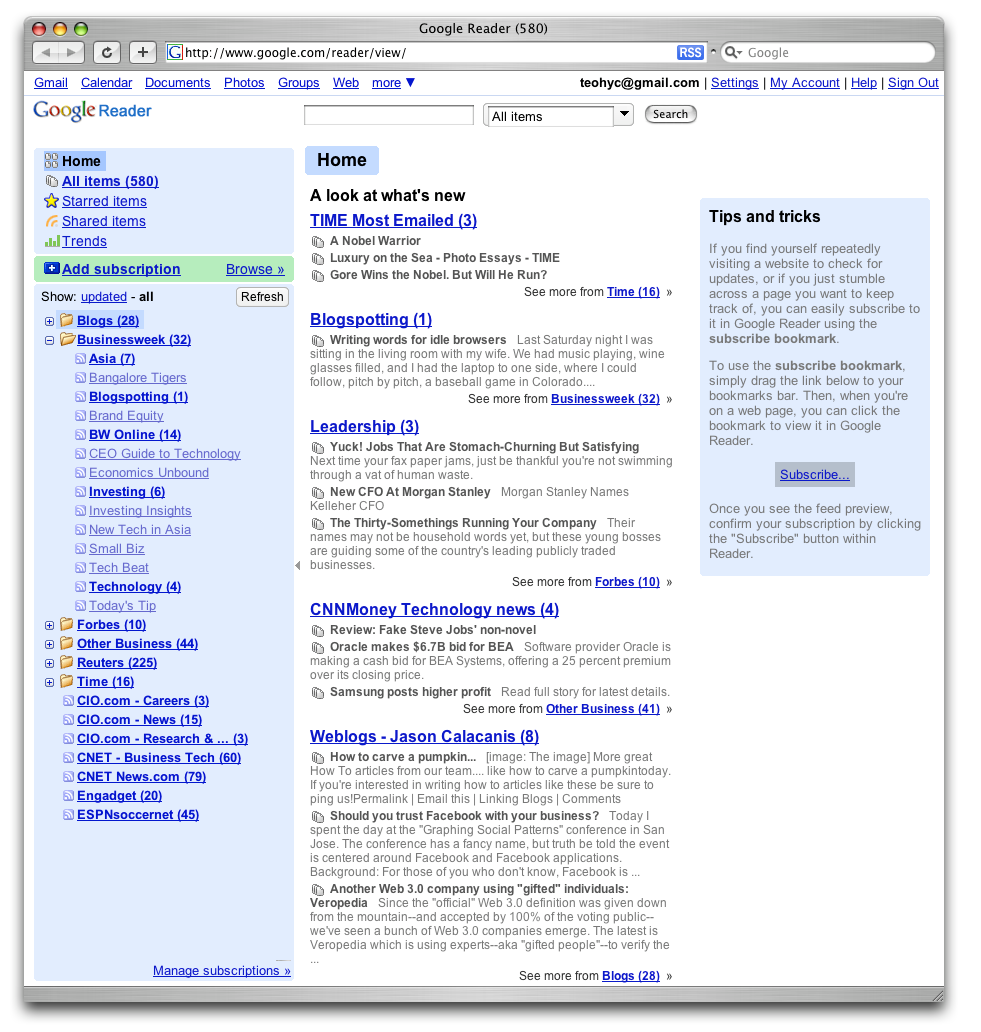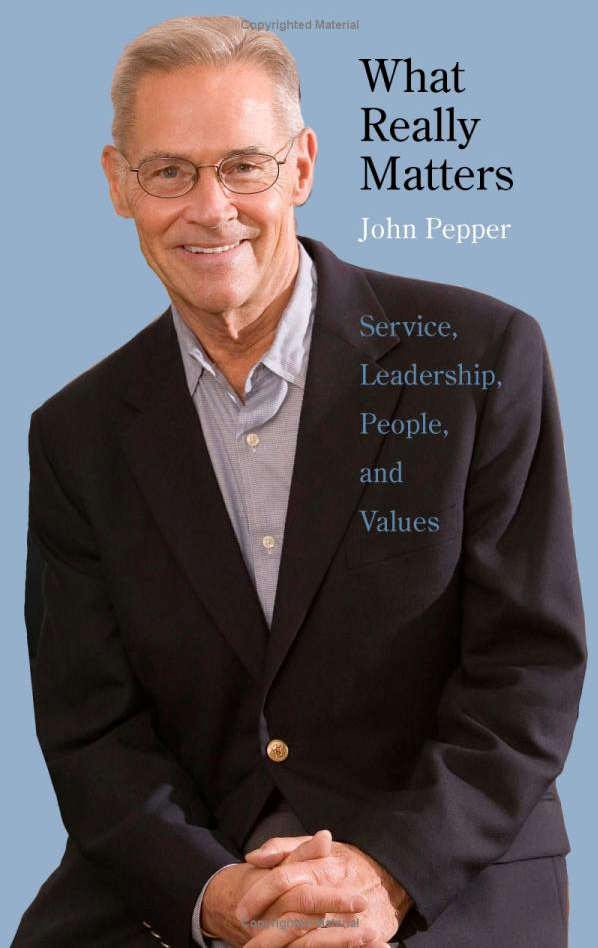
How much is too much?ARE schools being too tough on students by setting hard exam papers? So hard it's bruising students' egos and hurting their confidence?
Ms Jessica Chong, mother of a Primary 6 pupil at CHIJ St Nicholas Girls School, seems to think so.
In a letter to The Straits Times, published on the Forum page on Tuesday, she claimed that half her daughter's class at the school failed a mathematics paper recently, while in another class, only four passed.
Ms Chong said the 'atrocious results' had affected her daughter's 'desire to study hard, her creativity and her self-confidence'.
The New Paper made several attempts to reach the school's principal and the head of its mathematics department for their views. We waited 45 minutes at the school's office yesterday, but could not speak to them.
We spoke to six other parents whose children are sitting for the PSLE this year, and four felt schools were setting exam papers that were too tough.
Mrs Nah Kiat Yong, a homemaker in her late 40s, said: 'It's going from bad to worse. Even an adult (can't) answer some of the questions.'
Dr Lai Ah Eng, an expert in family and demography studies, who also has a son in Primary 6, said some school exams are harder than the PSLE exams.
'Why? It will not necessarily mean the students will do better in the PSLE with more difficult exams,' she noted.
'It could put them off studying and make parents more anxious. Everyone ends up feeling demoralised.'
Dr Yeo Seow Woon, a mother of four, said that in her daughter's junior college, 80 per cent of the cohort failed the biology paper.
'You want to challenge students, that's fine, but teachers must know where to draw the line,' she said.
Madam Aini, 45, a civil servant, said her son goes for extra classes in school three times a week and also has extra tuition. He has been complaining of headaches and feeling 'stressed'.
'Kids are being pushed very hard now. It's a bit ridiculous,' she said.
Ms Jenna Luen, 25, a social worker who counsels primary school pupils and their parents, said that after juggling remedial classes in school, tuition and a heavy load of homework, 'the average PSLE student has no time for rest or relaxation'.
TOUGH EXAMS NEEDED
But some parents are all for tough exam papers. A housewife who wanted to be known only as Mrs Cheng said: 'Every year, there will be two or three trick questions in the PSLE. School exams must be more difficult than that, so students still have a chance of getting A-stars.
'Schools want students to know the PSLE isn't easy. They want to encourage the students to work harder. If you set an exam that is too easy, they may get complacent and won't study.'
Mrs June Yee, 46, trusts the schools and teachers with taking care of their students' academic well-being. 'The teachers are experts in their field, I think we should respect their expertise, instead of making a fuss,' she said.
Madam Heng Boey Hong, principal of Nanyang Primary School, who is known for setting challenging exam papers, said there are ' different levels of readiness among the children'.
'Many of those who come to my school are ready for challenging tasks, and they would be extremely bored if they get questions that are too easy,' she said. 'We have to stretch the ones who are strong, but we also have to manage those who need more time. It's an extremely fine line to manage.'
Madam Heng also said that for the preliminary exams, the teachers would not set papers which are too difficult, because with the PSLE looming, the children 'need a morale booster'.
Last year, no one in the school failed their PSLE, though 20 to 40 children would fail the school's exams, she said.
However, Mr Yong Cheng Huat, principal of Stamford Primary School, said: 'There is no necessity to set harder exam papers. We just need to make sure the students are prepared.
'I don't see them having a stronger advantage even if we set harder papers... Doing poorly in an exam may discourage the students.'
I happened to actually see the Math problem associated with this story. None of my 3 colleagues could solve it. What does that prove?
Albert Einstein if he were to be put in Singapore, probably won't have the chance to be the genius he is. For those who are in the education system, they don't even know why they are in the education system. There has to be a cause for education. And if the cause for education is to get good marks during exams, I say the cause is lost.
I read a lot of business books and magazines. I can say with 100% confidence that the amount of marks you get in school is not directly related to the salary you're going to draw in the future. When you look at executives, some of them are highly educated. But also note that some are there not because they are highly educated but through sheer hard work.
Parents are worried for their kids. An increasingly number of parents are worried for their kids. They are also worried that the education system is too tough for their kids.
Would all these tough questions make a difference to their lives 5 years later? 15 years later?
What are they learning exactly? What is education?
To quote Albert Einstein, "Education is what's left after you've forgotten everything you learned in school."
More comments from the public



